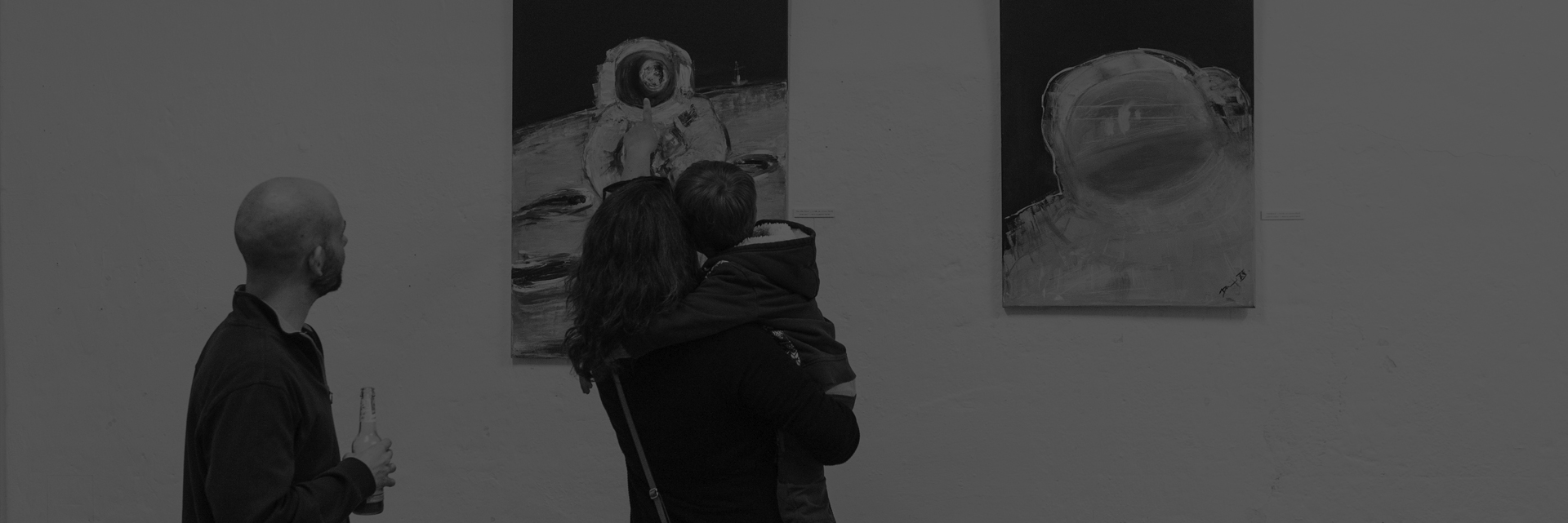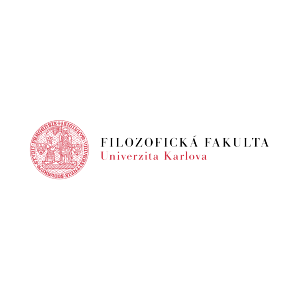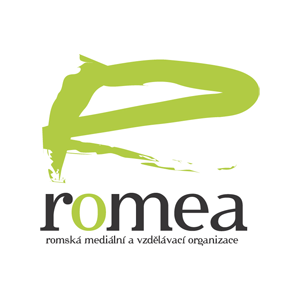Inside the Churches: The Gitanos and the Right of Asylum in the Seventeenth-Century Habsburg Spain

Romani History Workshop
15 December 2021 at 5 PM (CET)
Author: Maria Gloria Tumminelli, University of Pavia, mariagloria.tumminelli@hotmail.it
Discussant: Massimo Aresu, University of Leeds, m.aresu@leeds.ac.uk
Abstract: The right of asylum coincides with the very birth of the first churches. It guaranteed that refugees in sacred places could not be forcibly expulsed, nor sentenced to death, or subjected to other corporal punishment. The use of churches as places of refuge could be taken advantage of, especially by bandits; but the secular authorities particularly resented that the Gypsies were accustomed to this practice. An analysis of the case of the Gitanos in Habsburg Spain opens several questions. The secular authorities tried to refuse the restitution of the Gypsies on the grounds of legitimate capture because they were officially thieves (publici latrones) by public reputation (public vox y fama); therefore, there was no reason for them to enjoy the privilege. The episcopal vicars, however, demonstrated an incredible doggedness in reaffirming the right of asylum, and especially for the Gitanos imposing the release and often obtaining it. This paper wants to reflect on the evolution of the identity of the Gypsy, but also on the growth of the interest of the church for such privilege that takes the appearance of a battle between institutions to defend a right at all costs. This power struggle was certainly well used by criminals, while the Gitanos who lived legally, found themselves caught up in planned extermination just after the cancellation of the privilege for the Gypsies, as demonstrated by the Great Gypsy Round-up (Gran Redada de Gitanos) of 1749.
About the author: Maria Gloria Tumminelli graduated cum laude in Economic and Social History of the Modern Age at the University of Milan in 2015. In 2019, she obtained the title of Doctor of Research in Modern History at the University of Pavia with the thesis Gypsies in the Spanish Empire: Soldiers, Bandits and Vagabonds between Milan, Naples and Castile (XVI–XVII Centuries). She was awarded the Savoldelli scholarship by Archivio Bergamasco in 2019. A recent publication: “Desiderando di lasciar detta professione e non andar vagando: Gli zingari nel Ducato di Milano tra emarginazione e convivenza (secc. XV–XVII)” (2019).
About the discussant: Massimo Aresu, PhD, is specialized in the history of the Romani presence in the Mediterranean area in the Early-Modern era. He is currently a visiting scholar at the University of Leeds, where he carried out the Marie Skłodowska-Curie project Mediterranean Gypsies: A forgotten history beyond diaspora, nomadism, marginality in three Western Mediterranean areas of the Spanish Crown (Andalusia, Sicily, Sardinia, 16th- early 18th century), 2018–2021. Recent publications include the co-edition of the book Questo genere di uomini: Testi su egiziani cingari zingari zingani nell’Italia moderna (1422–1812), with Leonardo Piasere and others (2020), and the article “Representing Spanish Gypsies during the Second Half of the 18th Century: A Dissenting Voice” (2019).
Zoom registration link: https://zoom.us/meeting/register/tJYpc-6hqTIsGNZS9fVtd8TrvNtzVvU0QGag
















